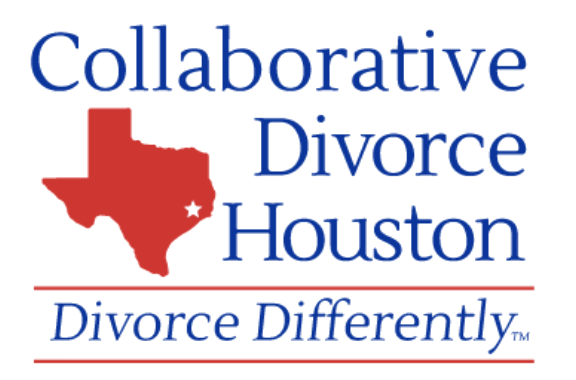About Collaborative Divorce
Collaborative Law was the brainchild of Stu Webb, a family law attorney in Minneapolis, Minnesota. After practicing family law for more than twenty years, Stu became interested in mediation and alternate dispute resolution. Stu felt that there had to be a better way to assist couples going through divorce, and that attorneys should use their talents as problem-solvers to help people come to resolution of their problems without going to Court. In 1990, Stu described to his clients and fellow attorneys a process he envisioned in which attorneys would only represent clients in a non-adversarial negotiation process aimed solely at creative settlements and, crucial to the process, if the parties could not find a path to settlement, the attorneys had to withdraw and refer their clients to litigation counsel.
Stu’s approach was immediately successful, and he began lecturing and training other attorneys in the approach throughout the United States. He was soon joined in his training by Pauline Tesler, a family attorney from the San Francisco Bay Area. In 2000, Stu and Pauline were invited to Dallas to train a group of Texas attorneys in collaborative law. Some of the attendees were so impressed with the idea that they drafted and lobbied for the passage of a collaborative law statute in the Texas legislature. Although collaborative law was by then being practiced throughout many states and Canadian provinces, in 1991 Texas became the first state anywhere in the world to give statutory support to the process. Texas again led the collaborative world when it developed a unique team approach to the practice – an interdisciplinary version of collaborative law involving neutral mental health professionals and neutral financial professionals. The Texas Team Model is now being practiced by thousands of professionals around the world.
Shortly after the 2000 Dallas training, lawyers from Dallas and Houston joined together to found the Collaborative Law Institute of Texas (now known as Collaborative Divorce Texas). The organization has been responsible for training hundreds of attorneys, mental health professionals and financial professionals in the process, and worked to lobby for the passage of the Uniform Collaborative Family Law Act, which expanded the understanding of the ethical and effective practice of collaborative law. The International Academy of Collaborative Professionals (IACP) was born in late The IACP supports excellence in Collaborative Practice through resources, training curriculum, practice tools, mentoring and a comprehensive website. Collaborative law is now being practiced in 26 countries by over 5,000 trained attorneys and allied professionals.
Collaborative Divorce Houston, a Texas non-profit, was formed to educate the public, to promote and deliver pro bono collaborative legal services to the poor and to advance the training of allied professionals in the Houston and surrounding geographical areas.
